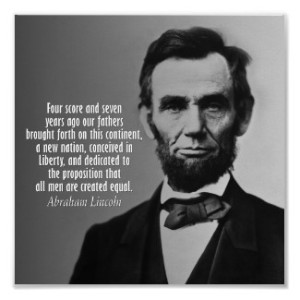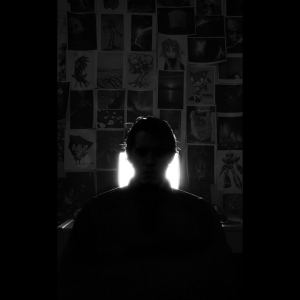The time you spend rehearsing your presentation is the single most valuable thing you can do to insure that you give a good presentation.
Think of it as a learning cycle. A well-prepared presentation enhances your delivery. And a well-practiced delivery enhances your presentation. It’s sort of like a helicopter lifting off. The more revolutions of the big blade, the better the lift off. The more revolutions you make between preparation of the presentation and the practiced delivery, the higher the impact you achieve.
Little time to rehearse is similar to cramming for an exam. Rehearsing for the first time just before you have to present is called Massed Learning. Massed Learning is better than no learning, but it’s not nearly as effective as Spaced Learning. By giving your presentation some time, you quickly find many places for improvement when you return.
The key to this learning process is working off of a script. All great orators have one thing in common. They all work from scripts. The story goes that Sir Winston Churchill, the most acclaimed orator of the 20th century, once noted that he would not give a prayer at a dinner party without a script.
Practicing from a script gives you confidence, speeds up the memorization process, and gives you a way to lock in your improvements. It’s Spaced Learning, and that builds both your confidence and your delivery.
The Most Famous Presentation in American History
 There’s an Urban Legend of sorts around that claims President Abraham Lincoln wrote the Gettysburg Address on the back of an envelope on the train on that 70-mile ride from Washington, D.C., to the famous Civil War battlefield. That Legend has been around almost since Lincoln finished the address.
There’s an Urban Legend of sorts around that claims President Abraham Lincoln wrote the Gettysburg Address on the back of an envelope on the train on that 70-mile ride from Washington, D.C., to the famous Civil War battlefield. That Legend has been around almost since Lincoln finished the address.
But nothing could be further from the truth.
Lincoln was an accomplished speaker and a keen wordsmith. The address was not the major event of the day. Another speaker was there to give the major address. But Lincoln practiced all the things we have discussed here, including rehearsal and Spaced Learning.
In his Pulitzer Prize-winning book, Lincoln at Gettysburg, Garry Wills explains how Lincoln worked out the major chunks of the Address on the way to a photographer’s studio two days earlier. He then wrote out the major chunks on a piece of cardboard later that day. The next day on the way by train to Gettysburg, Lincoln wrote the Address out in full. And that night in his hotel room, before his talk, he worked it again, reading it out loud. While Senator Everett gave his address, Lincoln was seen working on his talk some more on two sheets of paper while waiting to go to the podium behind Everett, who went on for two hours.
Wills described Lincoln as a slow writer who liked to sort out his words and then tighten his logic and sharpen his phrasing as he read his speech several times.
All this Spaced Learning over several days resulted in some of the most famous 272 words in American history.
Winning The Pitch
Winning a pitch can transform an agency, re-energize it, and get it noticed by prospective clients and search consultants both. Winning a pitch usually generates more opportunities to win, you grow and you get a chance to pitch and win again. Rehearsing will help you win.
One of the main benefits to calling us when you have to win a pitch is that when we come in we show you a new way to present. We’ll show you how to create a show that dazzles prospects with its visual impact, its color and how smart it makes your agency seem. And you learn how to win this way, following the techniques we teach you for years, winning for years.
Top photo by ~Genesis-Orbit


